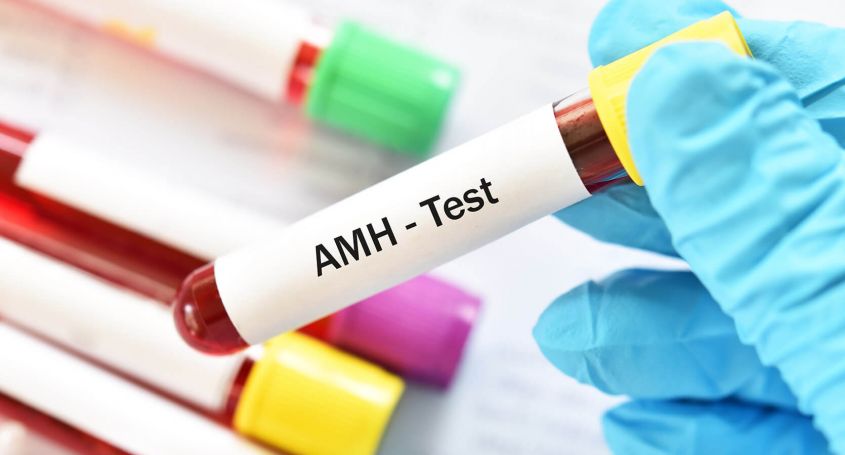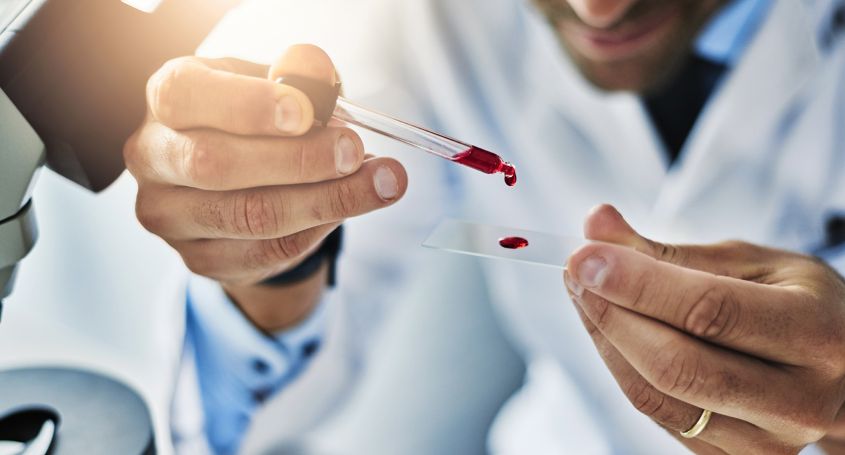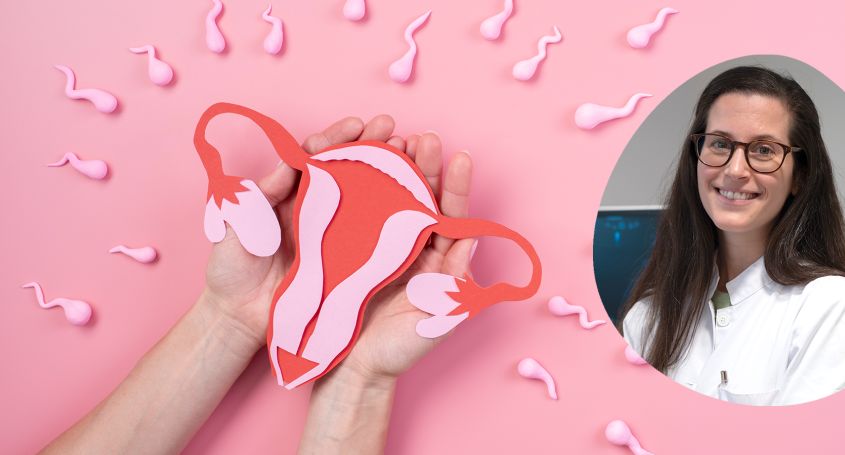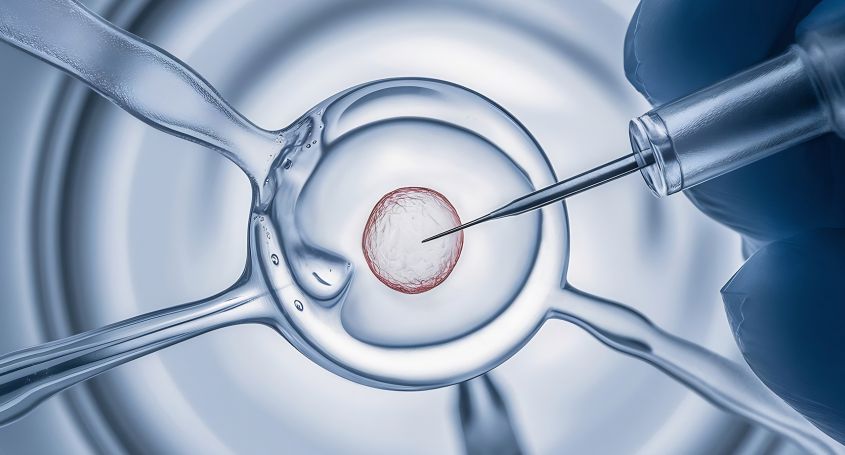The anti-müllerian hormone is a key term in the field of assisted reproduction, because thanks to this hormone we can know the ovarian reserve of each woman.
What is ovarian reserve and what relationship does it has with the anti-müllerian hormone?
The ovarian reserve represents the amount of eggs a woman can generate from a specific moment in her life on. Women are born with about 1,000,000 eggs. From that moment on, the amount begins to decrease until puberty, when it is estimated that there are usually about 300,000. From the age of 35 the number of eggs remaining is getting lower, i.e. the ovarian reserve and the amount of anti-müllerian hormone secreted.
The anti-Müllerian hormone is - therefore - an indicator of women's fertility at that specific moment, and an absolutely essential test for any woman who wants to plan her motherhood.
How ovarian reserve and anti-müllerian hormone influence my chances of getting pregnant?
A higher ovarian reserve will increase your chances of achieving pregnancy. It can be calculated (in addition to by blood analysis by determining the anti-müllerian hormone) through an ovarian ultrasound to make an anthral follicle count. With the help of these tests, the woman will be able to decide how and when she wants to be a mother.
How can I know my ovarian reserve?
If you want to know your ovarian reservation, you can find out about the steps to be followed at Barcelona IVF , send us an email to info@bcnivf.com or call +34 934 176 916. We'll be thrilled to take care of you!




















